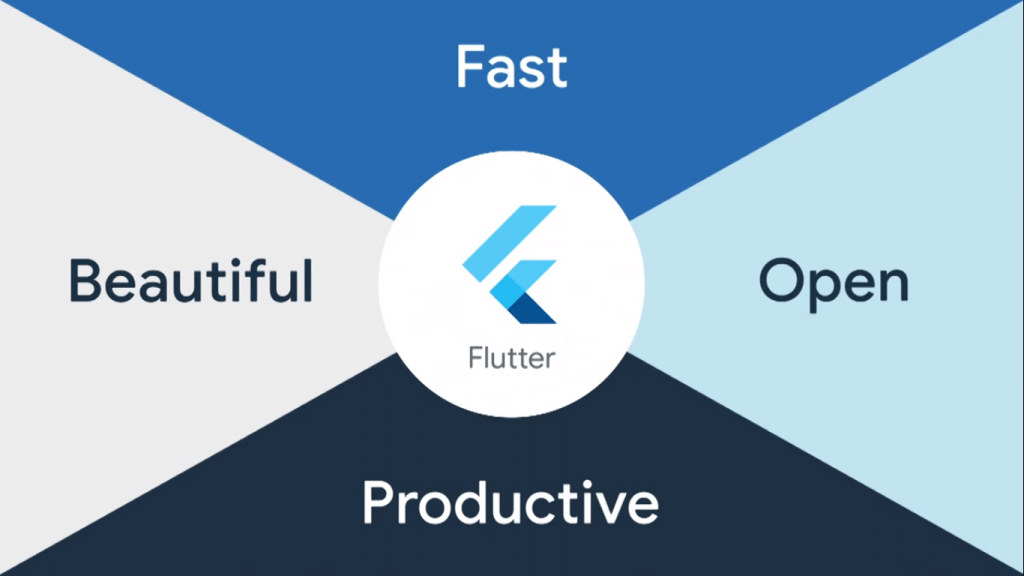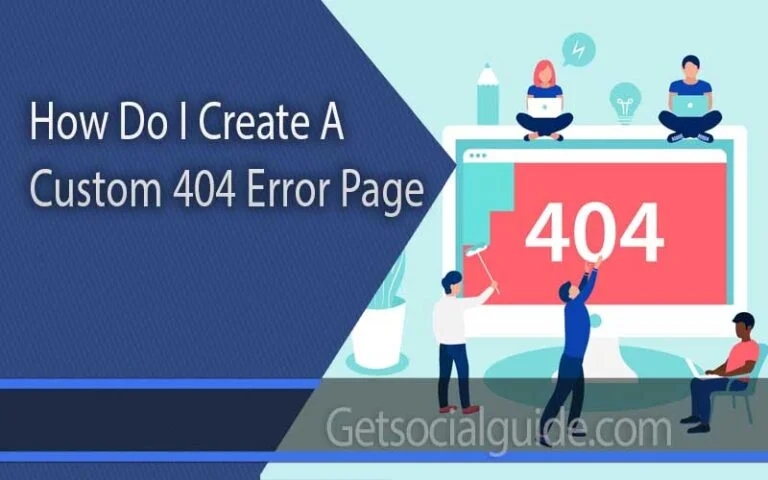What is PhoneGap?
The purpose of PhoneGap has been to deliver the entire power of the web to mobile apps, allowing developers to design high-performing apps with a single codebase. The market has developed since the project began in 2008, and Progressive Web Apps (PWAs) now deliver the power of native apps to web applications. PWAs are increasingly bridging the gap between online and native mobile apps, thanks to features like offline support, push notifications, home-screen icons, and full-screen view control, all without the use of containers.
Adobe is working on creating a platform that allows developers to build, extend, personalize, and integrate with Adobe products in light of these advances and diminishing PhoneGap adoption. We’re ending development on PhoneGap and PhoneGap Build, as well as our investment in Apache Cordova, today. On October 1, 2020, the PhoneGap Build service will be decommissioned.
PhoneGap is a frequently used cross-platform mobile app development solution. Developers can use HTML, Javascript, and CSS to create applications. PhoneGap is a dependable cross-platform development platform that is compatible with a variety of mobile app development platforms, including iOS, Android, and others. PhoneGap is an Apache Cordova distribution.

Advantages and Disadvantages of PhoneGap
There are a number of advantages to using PhoneGap that any company should evaluate before deciding to use it. Let’s look into some PhoneGap specifics:
- Prior to PhoneGap, it was necessary to employ skilled developers who would demand exorbitant fees to create apps. But now, with just a basic understanding of HTML, CSS, and JavaScript, anyone can create a fully functional application that can be distributed across numerous platforms at the same time.
- Using PhoneGap will drastically cut marketing time. This is due to the fact that PhoneGap allows you to create an app once and then distribute it across numerous platforms. As a result, it saves a significant amount of time and money in terms of marketing.
- The challenge of simultaneous release on many platforms has been addressed by PhoneGap. Previously, it was a problem when an app was ready to launch on one platform, such as Android, but another platform, Apple, was still in development. PhoneGap has taken care of all of these details.
- Because PhoneGap is open source, the online community is always willing to help.
PhoneGap is an Apache Cordova distributor and is powered by it. PhoneGap includes a number of tools that are linked to Adobe’s various services.
There are few Dark Side of PhoneGap, let’s have a look at it:
- Many developers use hooks while working in WordPress that would help them to align their code with themes, and plugins. But sadly there is no such type of hook available in PhoneGap.
- PhoneGap is not a platform that works for heavy game developers. It lags, freezes and drops, if PhoneGap is opted for gaming.
- Outdated Plugin is another drawback for PhoneGap Development. It hinders the functionality of the Application.
What is Flutter?

Flutter is a Google-created free and open-source mobile UI framework that was introduced in May 2017. In a nutshell, it enables you to develop a native mobile app using only one codebase. This implies you can design two different apps using the same programming language and codebase (for iOS and Android).
Flutter is made up of two main components:
- An SDK (Software Development Kit) is a set of tools that will assist you in the development of your applications. Tools for compiling your code into native machine code are included (code for iOS and Android).
- A Framework (Widget-based User Interface Library) is a collection of reusable user interface elements (buttons, text inputs, sliders, and so on) that you may customize to fit your needs.
Flutter is an open source mobile SDK(Software Development Kit) developer used to create a native mobile application with only one code base. Flutter is the only mobile SDK that offers reactive views without the need for a JavaScript bridge.
Benefits of using Flutter
Flutter has various types of advantage over its competitors. These advantages are in-built in Flutter and a set of development tools that allows Flutter to solve problems.
- Using Flutter gives a more noticeable increase in productivity as compared to other cross platform technologies. Flutter apps are compiled into machine code using graphics and visualization engines, so applications are fast and high performance.
- Another reason for rapid development of Flutter’s popularity among developers is availability of detailed documentation and a large number of examples. And this is very essential for developers who want to learn a set of tools, or a language.
Lets now discuss cons of Flutter:
- Flutter consists of massive file size. Modern users don’t want to sacrifice their game or song in the favour of the next application, so one of the main tasks of a developer is to create the smallest application size.
- Another drawback of Flutter is its weak iOS features support. Flutter is a Google product that makes the quality of support for iOS applications worse. If most of the SDK functions on Android work correctly, then there are problems with iOS.
- Flutter is a new cross platform app development framework. Many Flutter functions are in alpha and beta testing and may not always work properly as it has a limited set of tools and libraries. Flutter will take some time to create necessary tools, expand functionality and develop community.
Comparison between Flutter and PhoneGap:
| Flutter | PhoneGap |
| Programming languages – Dart, c++ | Programming language – HTML, CSS and JavaScript |
| It is developed by Google | Developed by Adobe. It is a distribution of Apache Cordova |
| Flutter is SDK developer and build modern mobile apps | PhoneGap builds simple mobile apps |
| Huge library | Limited access to library |
| It uses advanced APIs | There is no direct access to APIs |
Finishing Up
PhoneGap has made its mark in the market as it has performed many times as a good alternative to Flutter. Both PhoneGap and Flutter are primarily classified as cross platform mobile development apps. PhoneGap’s stability and usage of well known HTML, CSS and JavaScript definitely makes PhoneGap a good choice for developers. Flutter on the other hand is a rising platform. It provides magnificent features to enlarge development. This technology is quickly gaining popularity and also consists of an active community. Thus which cross platform app framework to choose from both is very important as both have its own benefits. Choose the best one that fits your needs and start enlarging your business.




Hi K,
A bit out of my blogging wheel house but I am happy to share this post on Twitter. You did an excellent job reviewing these two solutions. Enjoy your weekend 🙂
Ryan
thanks for nice comments
Whats up very cool blog!! Man .. Beautiful .. Amazing .. I’ll bookmark your blog and take the feeds additionally? I am glad to seek out a lot of helpful information right here within the publish, we need develop more techniques on this regard, thanks for sharing. . . . . .
Thanks for nice comments
Thank You for sharing this informative post.
you have provided useful features keep on updating.
Thanks keep reading and sharing
Flutter now a day’s become more popular and the first choice for cross-platform app development. I am glad to read about this here and also looking to know more regarding Flutter 3. As it’s recently announced and has some more good features.
Thanks for the post.